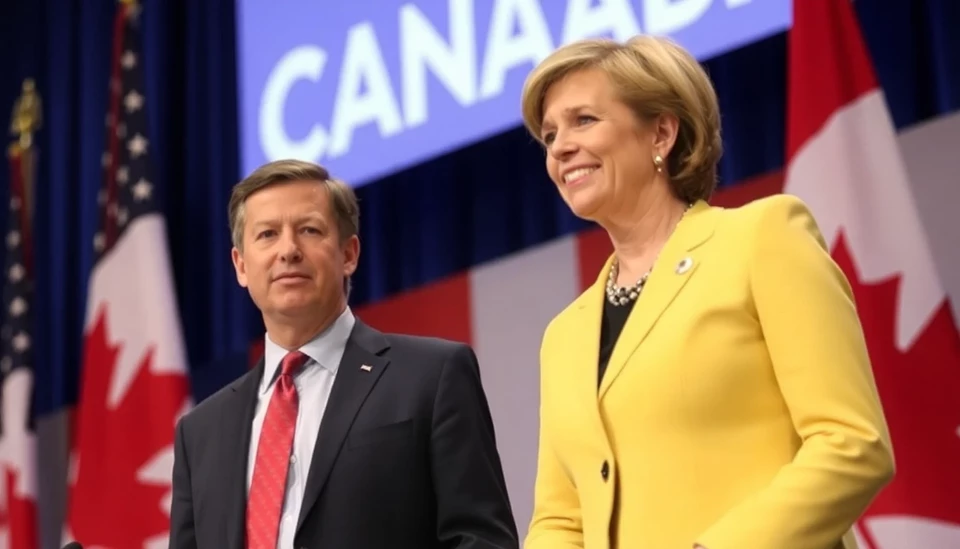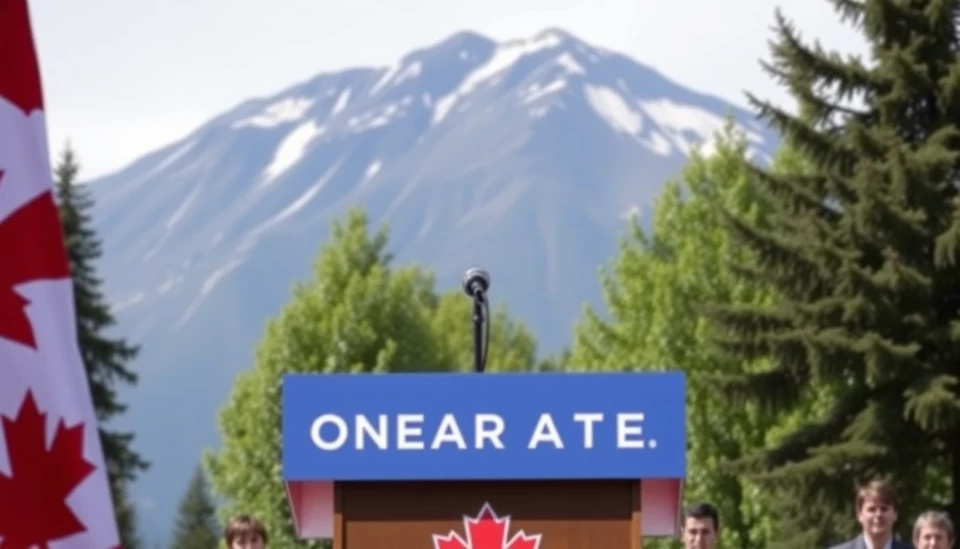
In a bold move to shield against the uncertainties posed by former President Donald Trump's ongoing anti-trade rhetoric, Canada's oil and gas sector is leaping into action with an impressive $24 billion investment initiative. This substantial financial commitment aims to bolster the industry’s resilience and secure its operations in the face of potential tariffs that may be reintroduced under renewed Trump leadership.
Industry experts and corporate leaders within Canada have recognized the imminent threat posed by potential trade barriers, with heightened concerns that Trump could renew tariffs on Canadian oil imports, similar to those implemented during his previous presidential term. In response, major players in the oil patch have mobilized resources to transform their operational strategies and mitigate the impacts of such tariffs.
According to various reports, the $24 billion commitment will focus on enhancing infrastructure, reducing emissions, advancing technology, and improving supply chain resilience. This proactive strategy is expected to fortify the sector’s stance both domestically and on the international stage, aiming to secure better negotiating power in potential trade disputes.
Significantly, the industry's response isn't merely a reaction to external pressures. The investment is also a reflection of a broader shift towards sustainability and innovation within Canada’s oil sector. Executives argue that by investing heavily in green technology and operational efficiencies, they can not only fend off tariff-related issues but also position themselves as leaders in an evolving energy landscape that increasingly values environmental responsibility.
In the face of global shifts toward renewable energies and climate-conscious policies, the Canadian oil sector seeks to demonstrate its commitment to both economic growth and environmental stewardship. By integrating advanced technologies that lower carbon footprints and utilizing innovative approaches to exploration and extraction, companies aim to enhance their appeal to a global market that is becoming increasingly skeptical of fossil fuel dependencies.
Moreover, this substantial investment could establish a buffer against any retaliatory measures that could be imposed should trade tensions escalate. The potential implementation of new tariffs has loomed large since the election cycle of 2024, with market analysts cautioning that foreign policy maneuvers could directly sway oil prices and supply stability.
As these developments unfold, all eyes will undoubtedly be on the Canadian oil and gas sector to monitor the effectiveness of this substantial investment and the broader implications for North American trade dynamics. The industry intends to leverage this proactive approach not only as a safeguard against tariffs but also as a catalyst for establishing a more sustainable and technically advanced oil sector that can compete on a global scale.
In conclusion, Canada’s oil patch is setting an ambitious precedent that may offer vital lessons in resilience and innovation amidst unpredictable political landscapes. As the effects of this $24 billion investment begin to manifest, industry stakeholders will hope to demonstrate that not only can they weather political storms, but they can also thrive in their commitment to responsible energy development.
#Canada #OilIndustry #TrumpTariffs #EnergyInvestment #Sustainability #TradeRelations #GreenTechnology
Author: Rachel Greene




